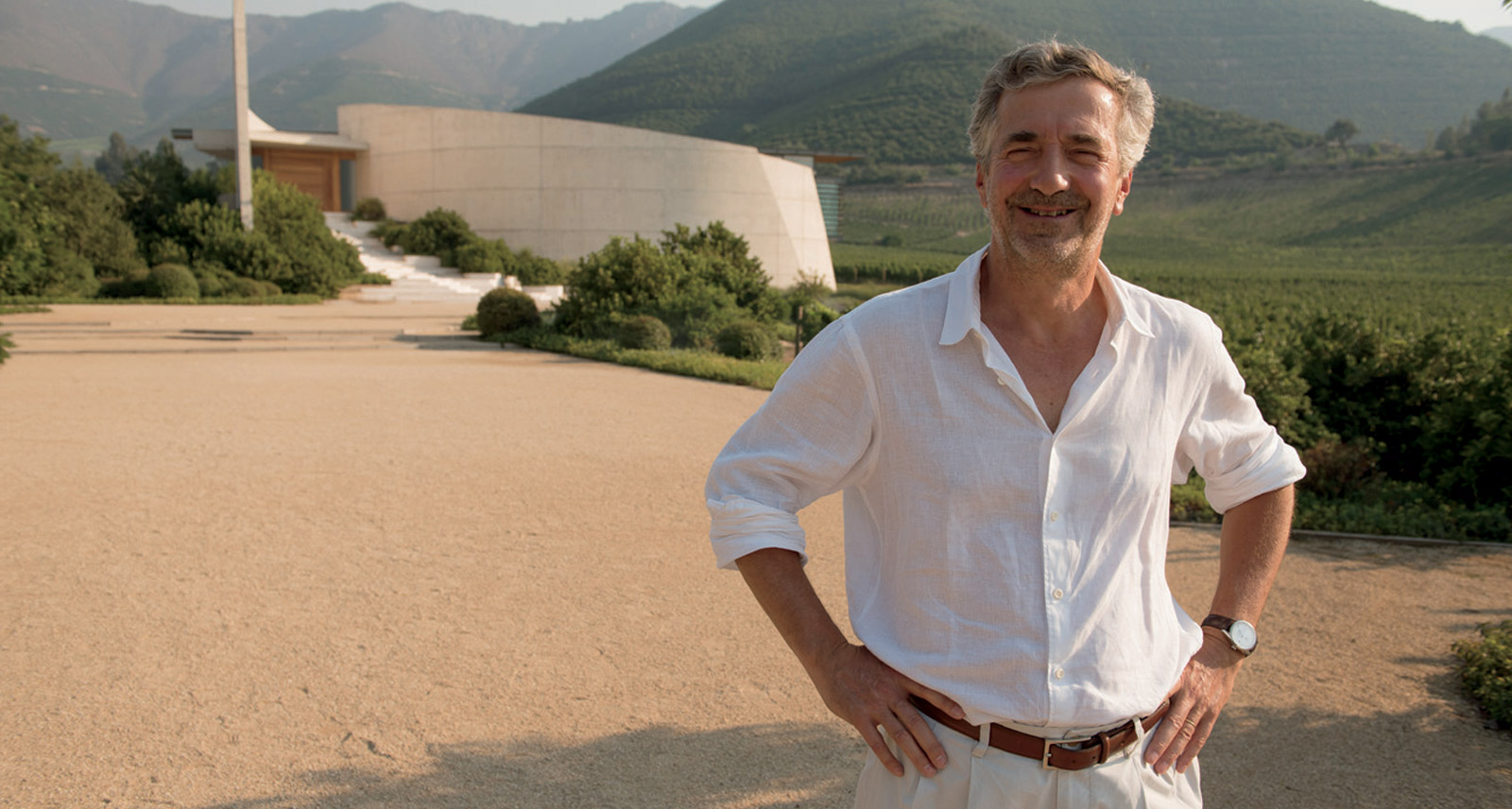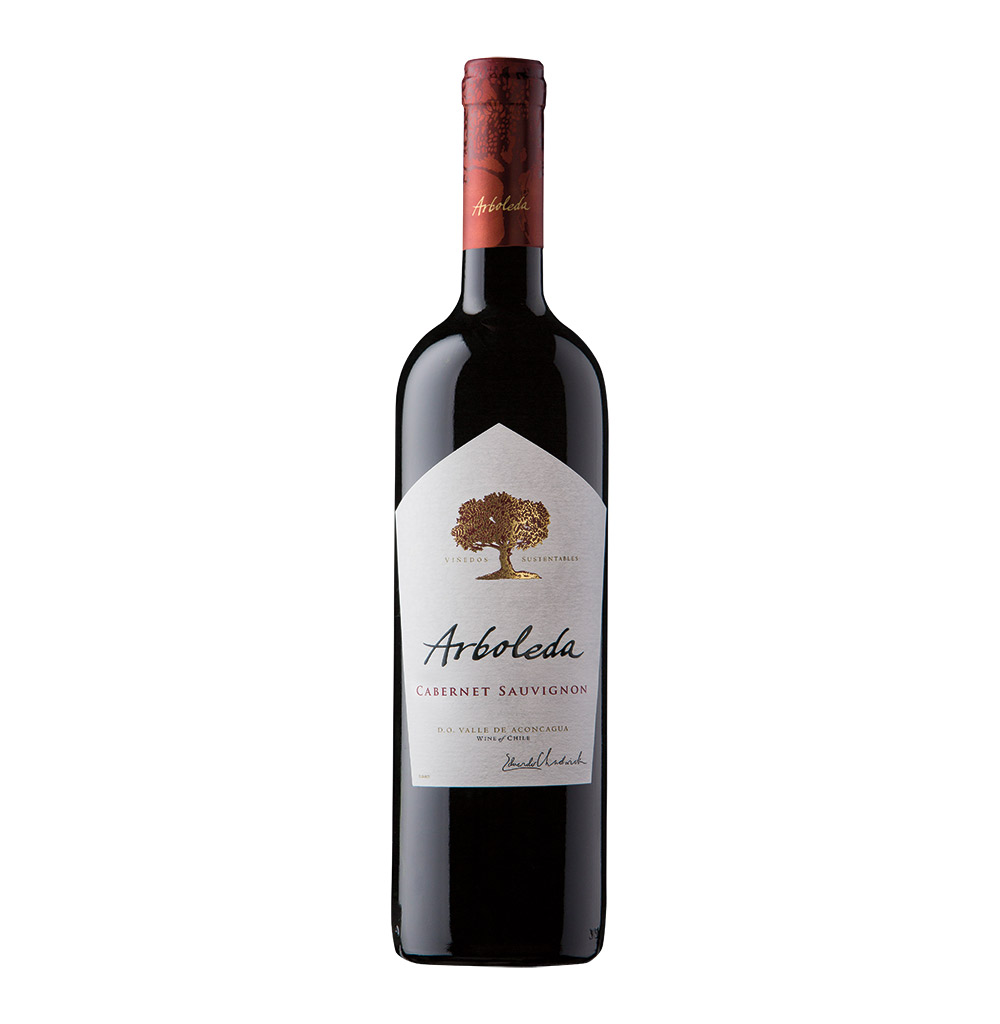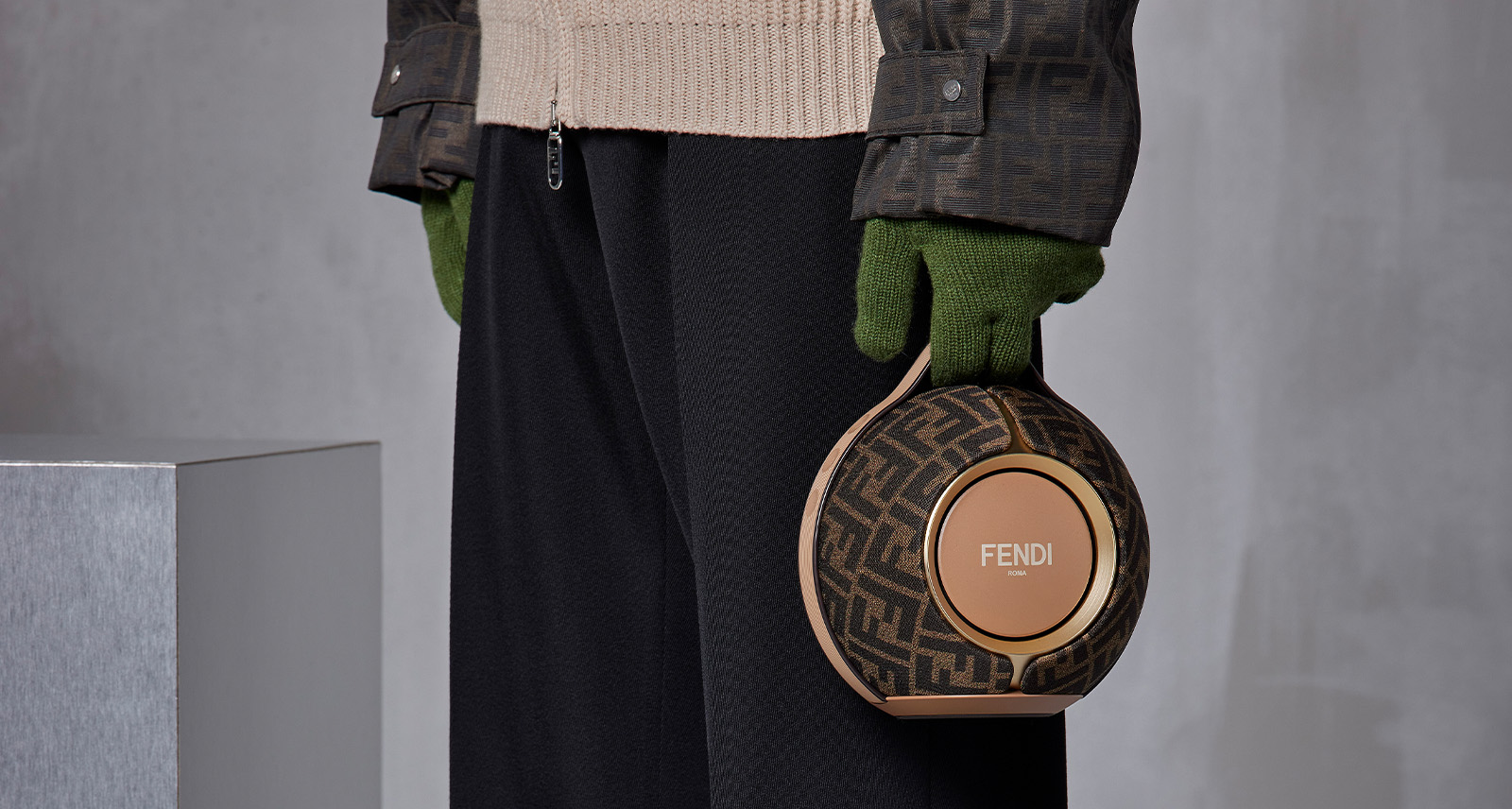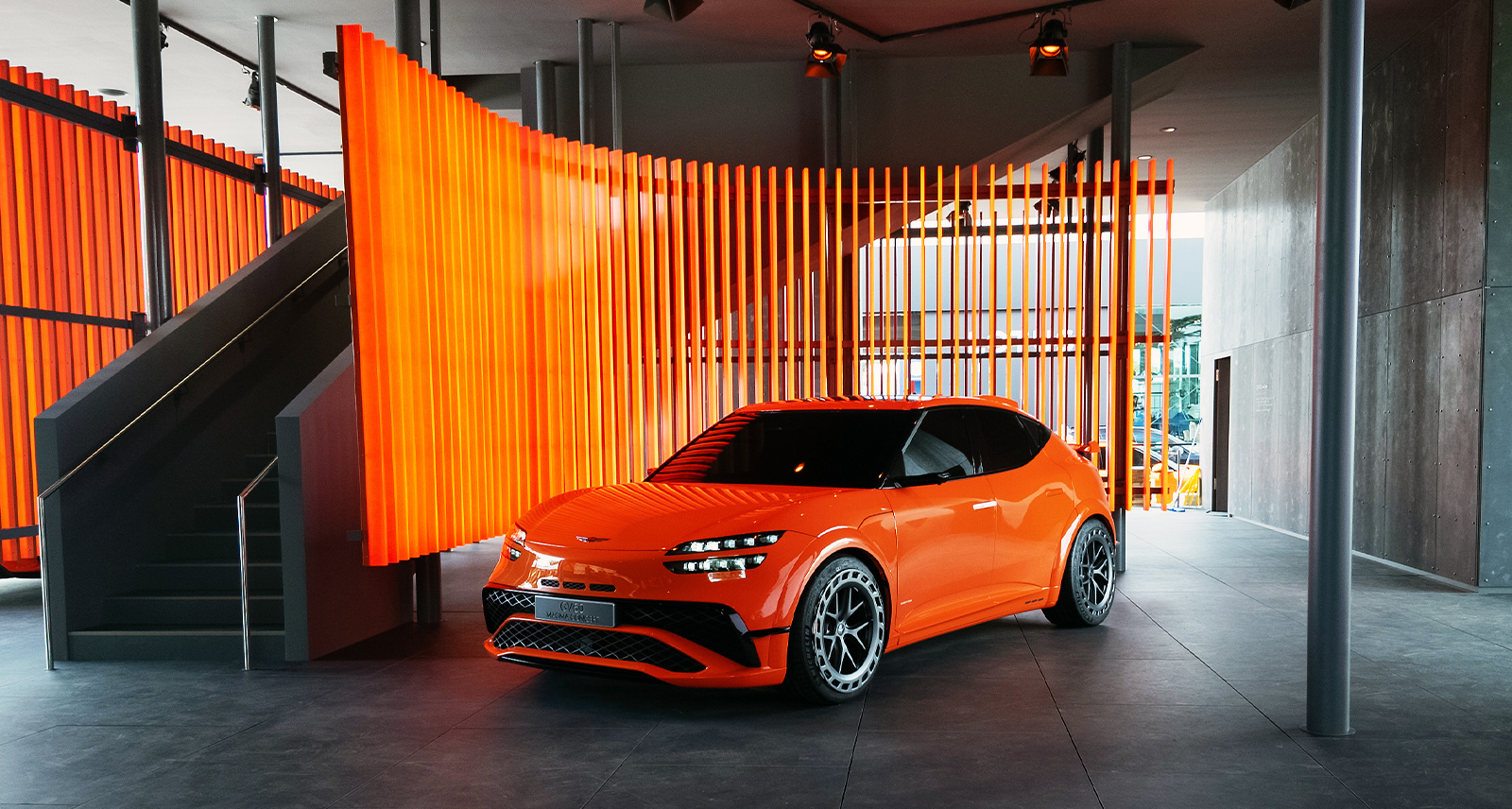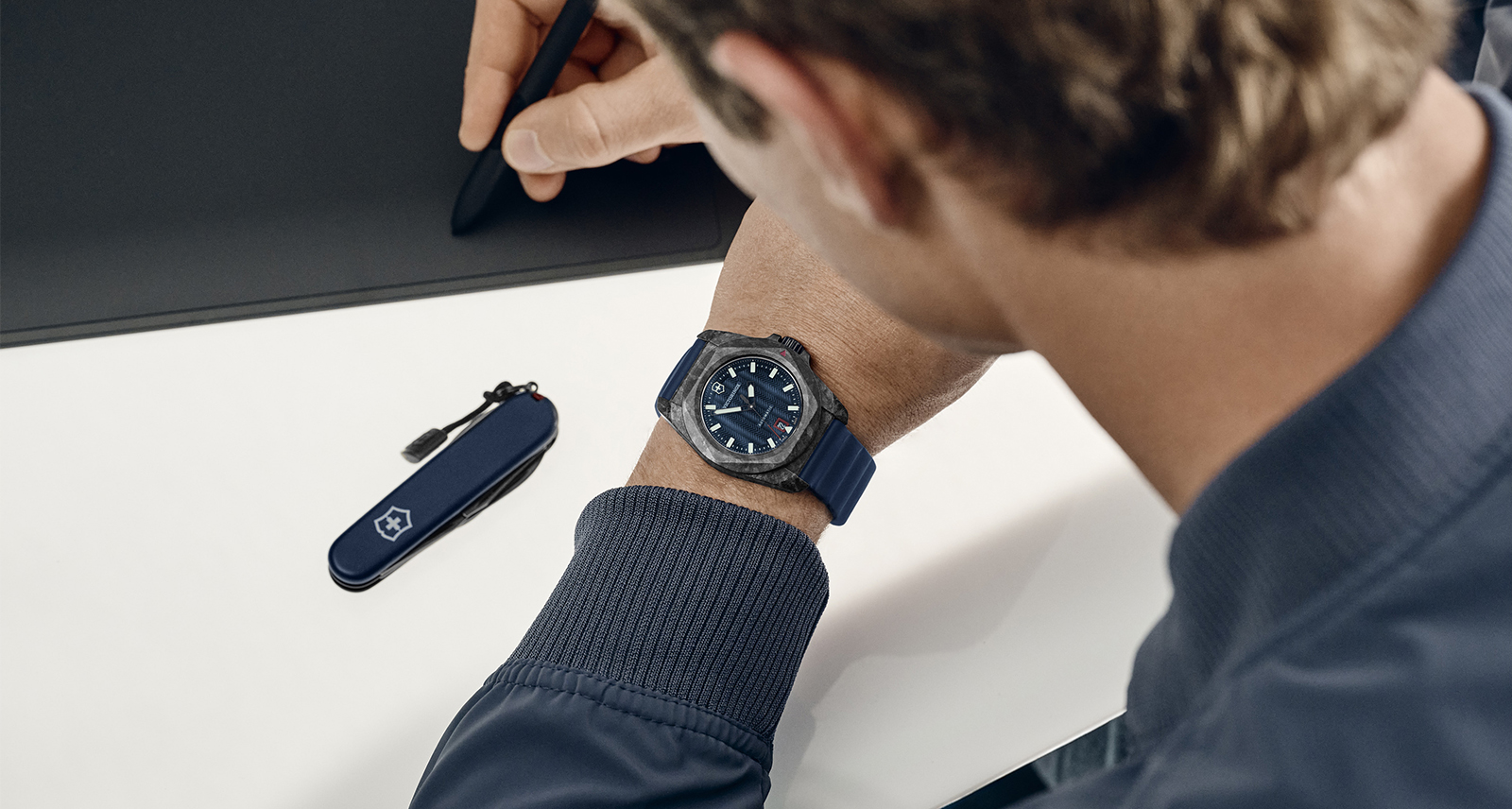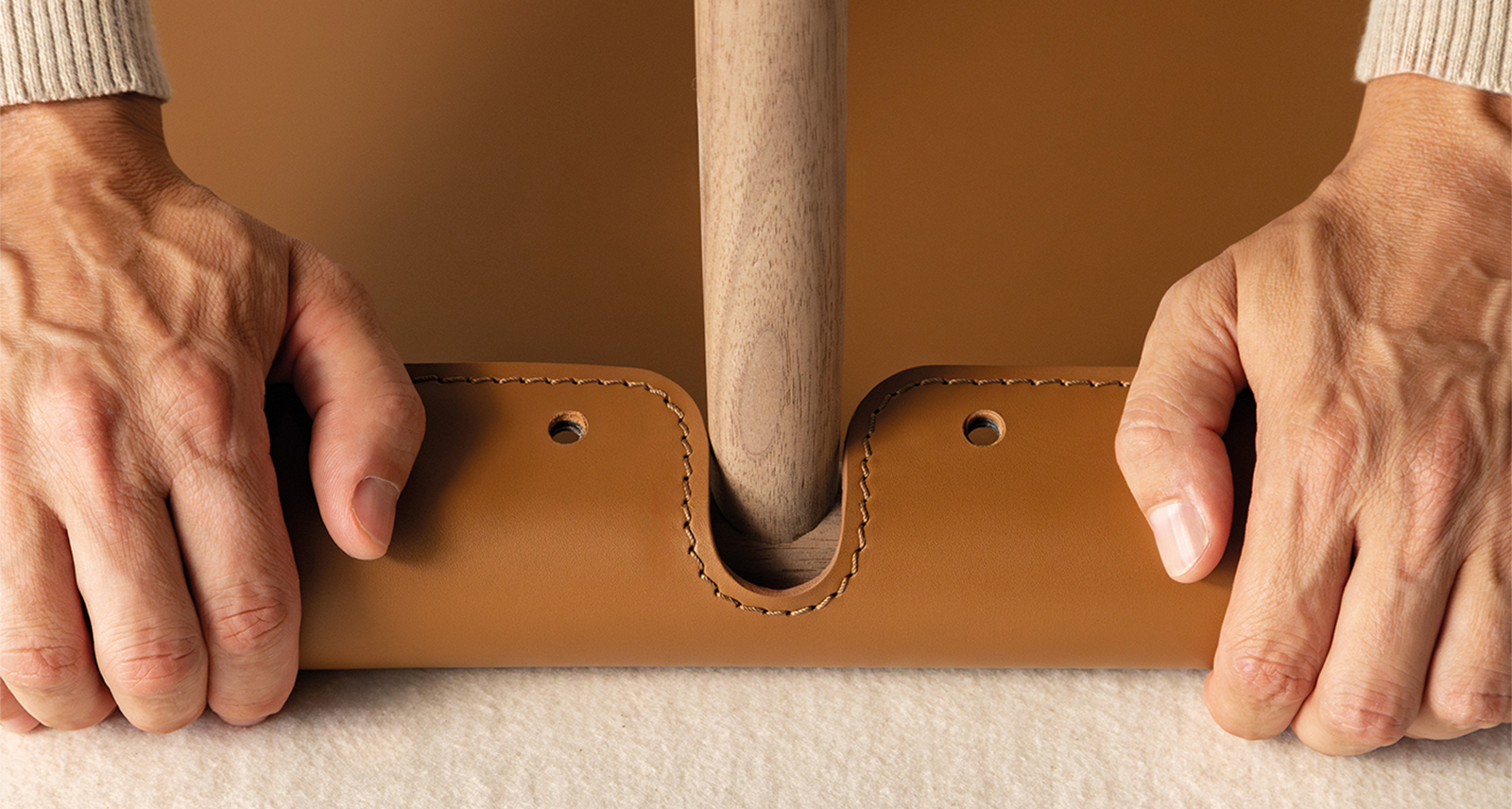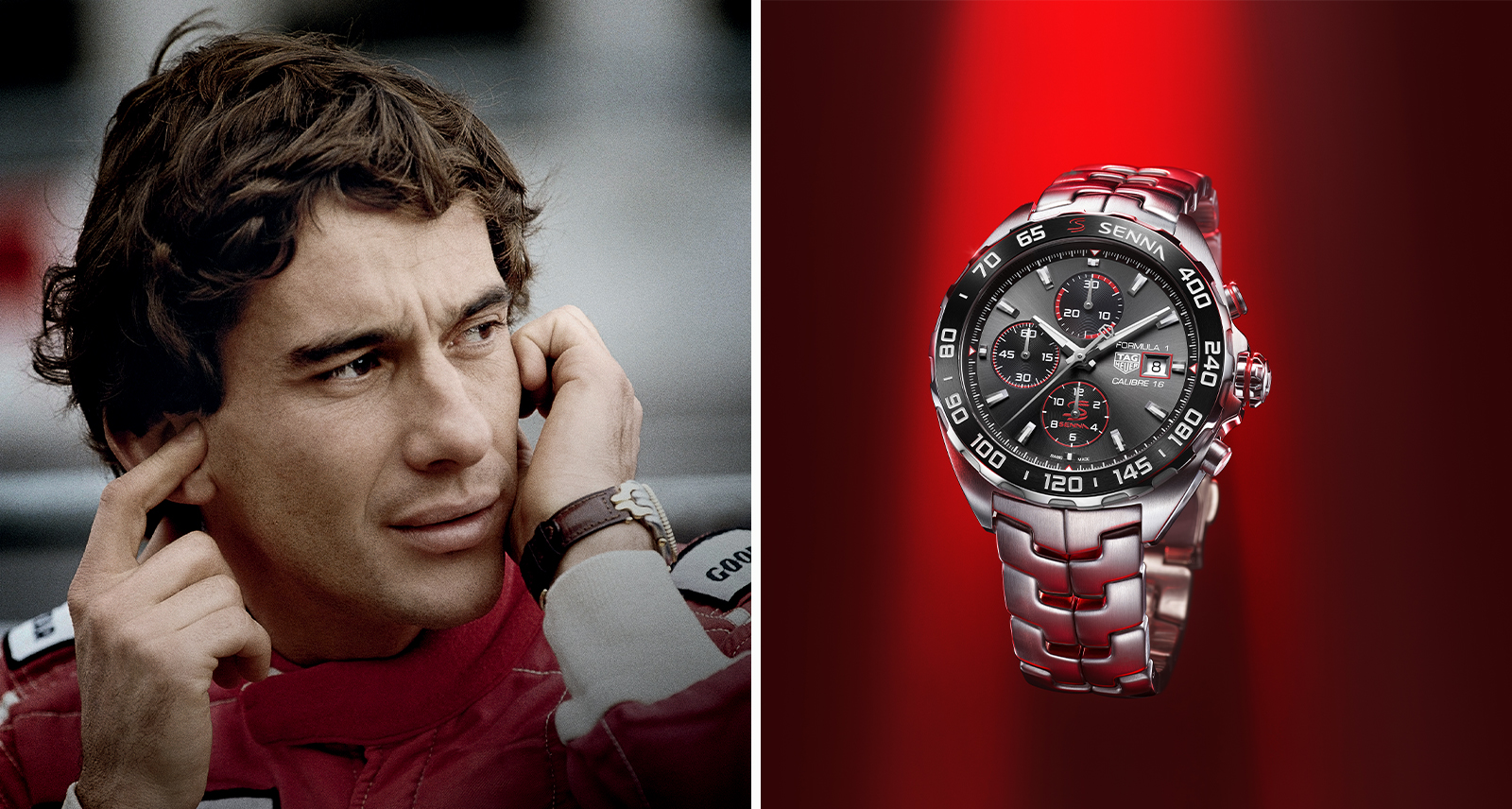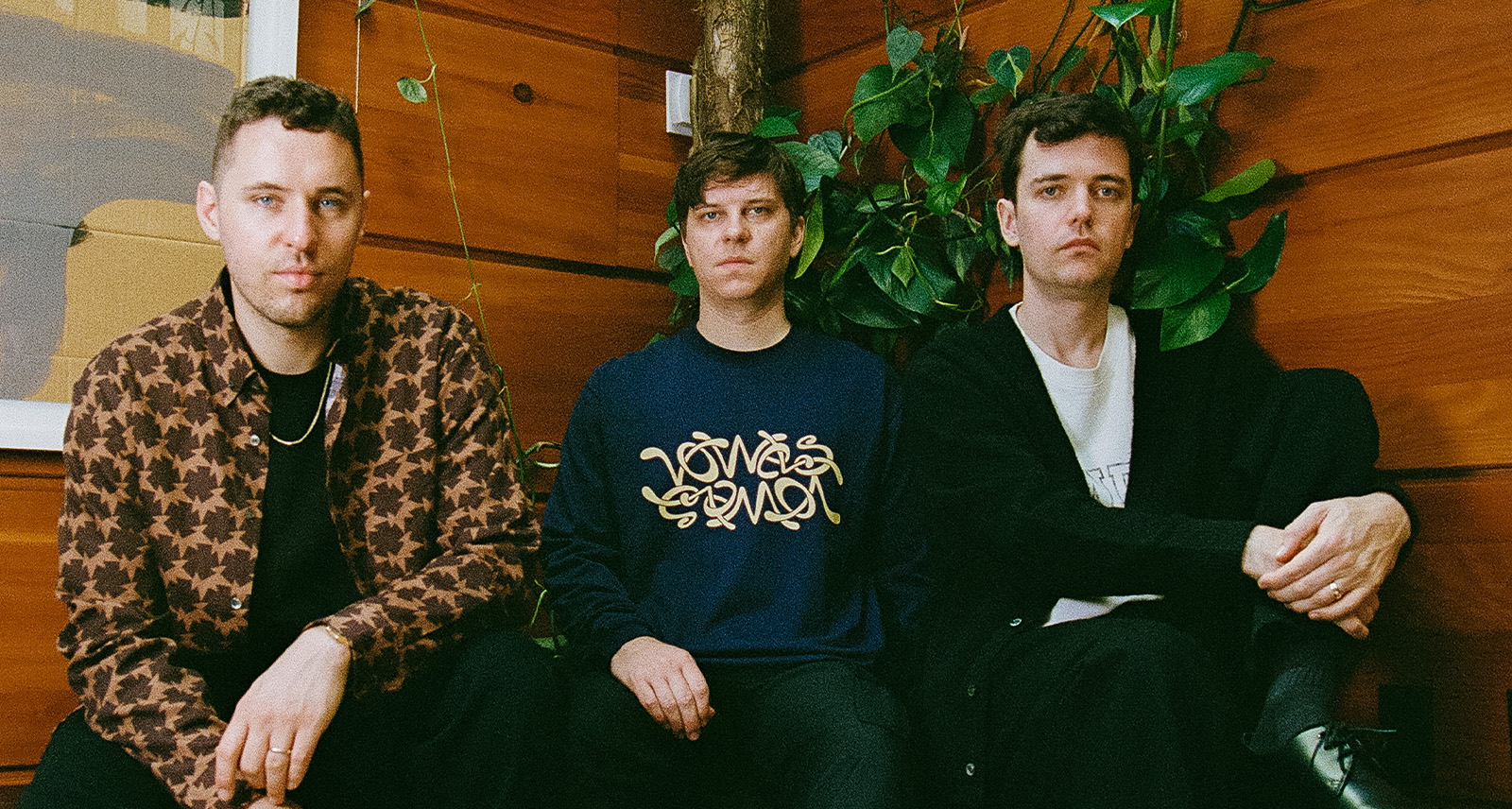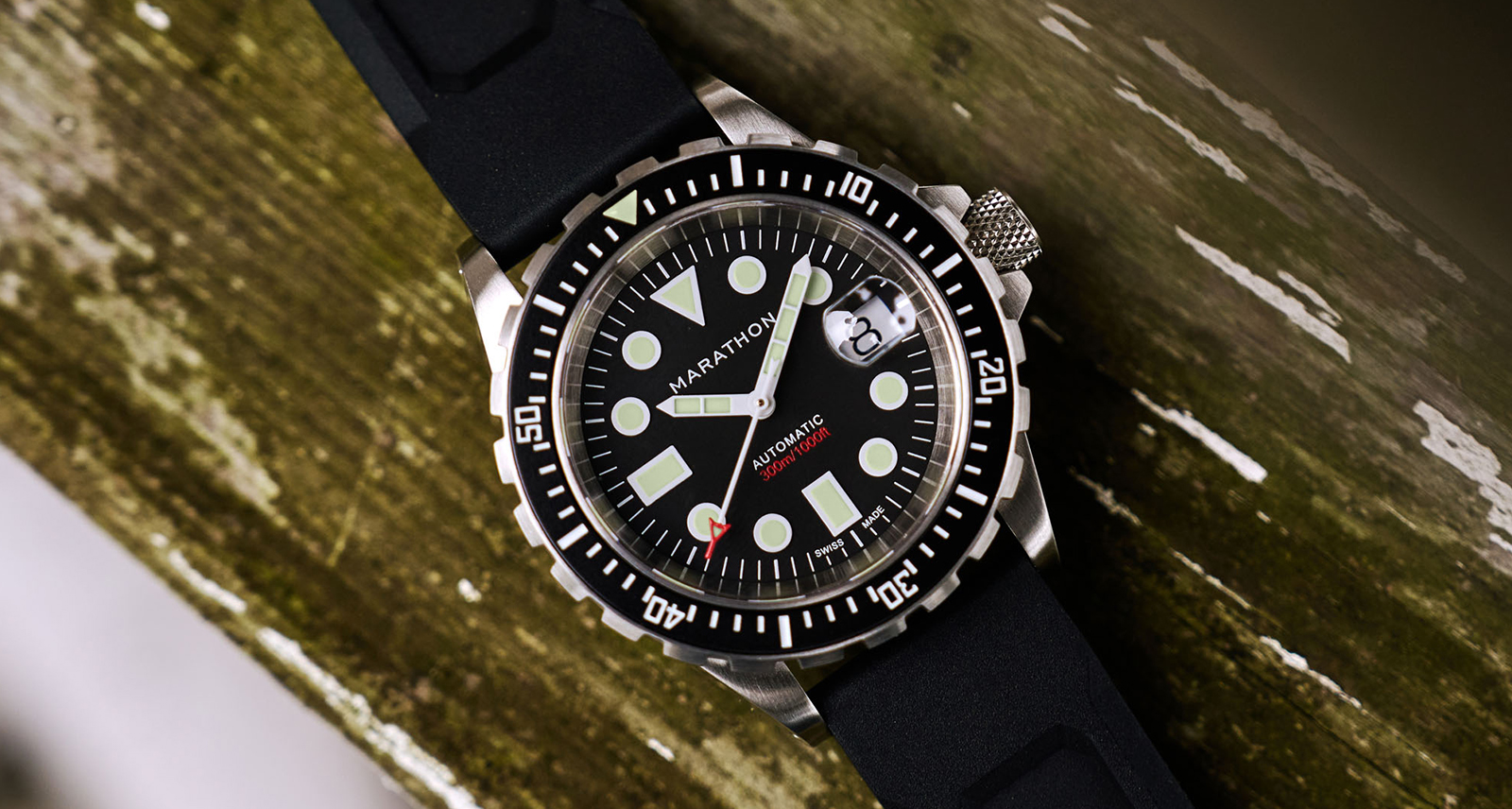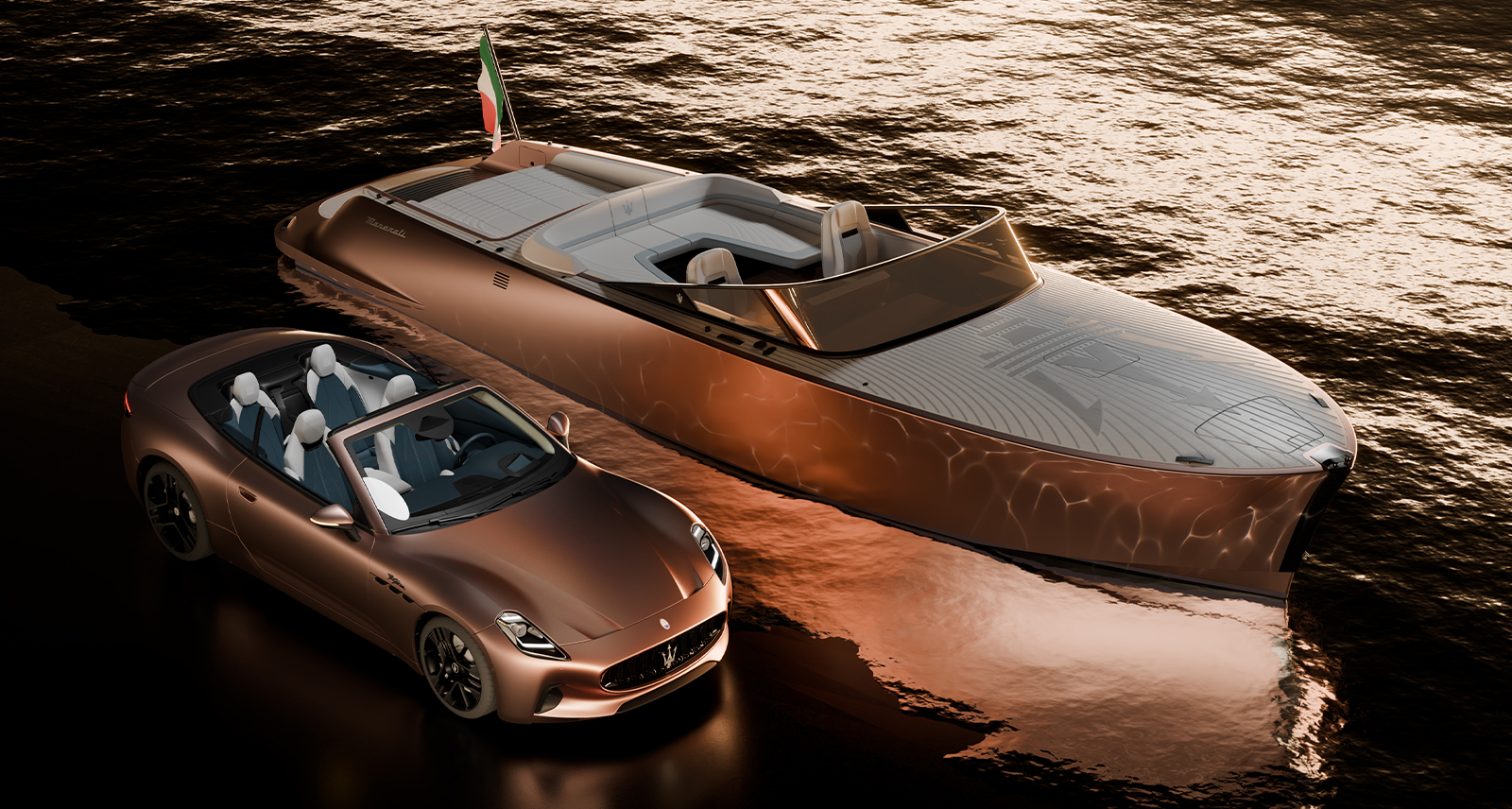Ask a Winemaker: Eduardo Chadwick, President of Viña Seña and Arboleda
Nearly four decades ago, Eduardo Chadwick, alongside his father, helped revive the family winery in the Aconcagua Valley. Founded in 1870 by their visionary ancestor Don Maximiano Errazuriz, Chadwick saw what others didn’t: that the land in the valley north of Santiago was ideal for a vineyard. Once Viñedos Familia Chadwick was firmly on its feet, Chadwick went on to become a global ambassador of Chilean wine and helped establish the region’s unique and diverse vineyards as world-class appellations.
Not one to rest on his laurels, Chadwick’s current project is arguably even more important for the future of Chilean wine — forging a path for a greener industry with projects like Arboleda, a fully sustainable winery. Sharp caught up with him recently to ask about what we can expect in the future.
Did you always know that you would go into the family business?
It was only back in 1983 that my father took direct control of Viña Errazuriz, our family winery. At the time, he sent me to take some courses in Bordeaux, to meet famous winemakers like Émile Peynaud, and to visit the top Châteaux. This was a real eye opener to understand about world wines and to come back to Chile with the idea of pursuing the elaboration of our fine wines in the Aconcagua Valley.
You were a big part of making a blind tasting of 2004 in Berlin happen, which saw Chilean wines triumph alongside Old World expressions. How important was that to the country?
The Berlin Tasting was a milestone event as it demonstrated consistently the world-class quality of Chilean wines. Coming first atop the best wines from Bordeaux was a shocking event in Berlin 2004.
In addition, two of your wines have be- come icons of Chilean wine, one of which is the exquisite Seña. Can you tell us a little about the genesis of that project?
Robert Mondavi came to Chile in 1991 and became intrigued by the potential of Chilean wines and so, together, we pioneered the country’s first international joint venture with a very challenging goal, which was to create a world-class icon-level wine like no other in Chile. We named it “Seña”, which means a signal and a commitment to capture the spirit of Chile, its land, and our passion for excellence.
Given that it’s a biodynamic wine, was it also a signal of your new focus on sustainability? I’m thinking of the Arboleda project here, specifically.
Arboleda is a very special project for me since it is a personal project with my daughters. It means a grove of trees, a tribute to the more than 1,450 hectares (3,583 acres) of native forest that surround its sustainably managed vineyards. As a team, we are deeply committed to conserving the biodiversity in the Aconcagua Valley, connected through natural corridors that constitute a true habitat of flora and fauna.
Arboleda was one of the first wineries to be certified under Chile’s National Sustainability Code. How did you achieve that?
As a group, we worked together with Wines of Chile to develop the Sustainability Code and Viña Arboleda was one of the first wineries to be certified, which guarantees environmentally friendly production, social responsibility towards the community, and economic viability. From the beginning, in 1999, sustainability was one of the main pillars for Arboleda, so we had incorporated these practices even before the National Sustainability Code had been created.
People may be surprised to learn of Chile’s world-class Cabernet Sauvignon expressions (including perfect 100-point wines). Can you explain why this grape is such a good fit for the microclimate?
Due to its proximity to the sea (37 km), in Las Vertientes, the vineyard where Arboleda’s Cabernet Sauvignon comes from, we are blessed with cool ocean breezes, allowing the grapes to reach perfectly even ripeness while preserving the fresh character of the wines.
